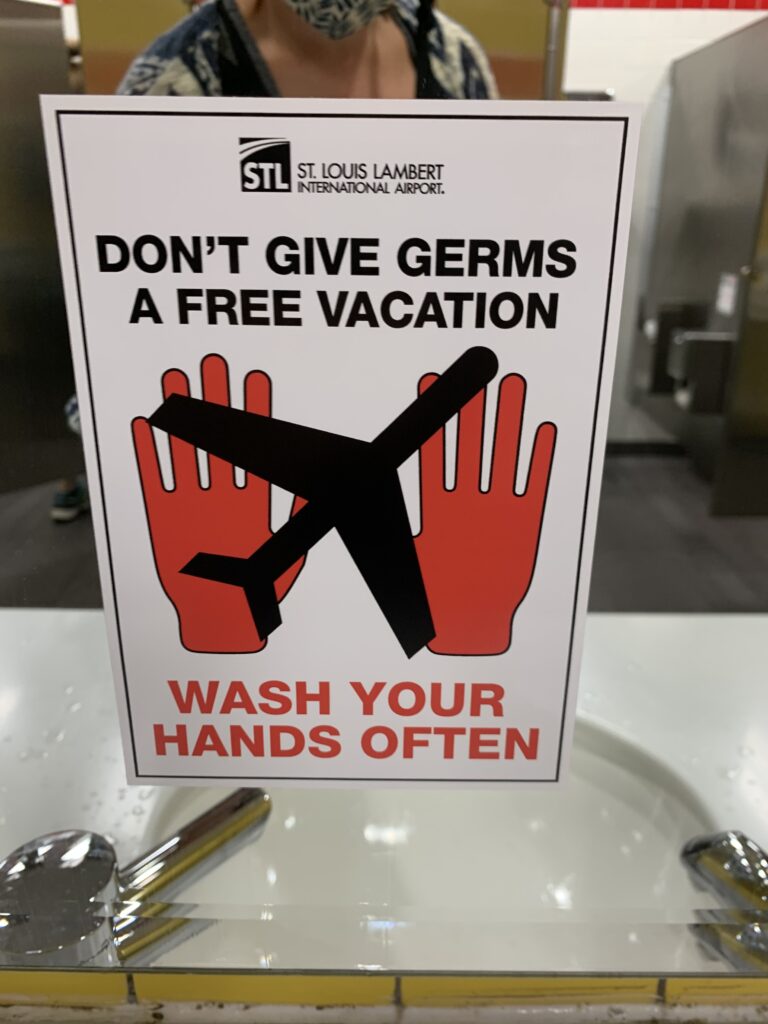In March 2020, the Stewart Library’s Special Collections and Archive Department created a questionnaire with short, open-ended questions in order to document and archive the community’s personal and local stories concerning COVID-19.

These questions ranged from “When did you first hear about COVID-19?” to “How has your day-to-day life changed?” to “If you work in the medical field, what have you seen change?”
Since COVID-19 shut down WSU and, seemingly, the world, WSU’s Special Collections started to take a look back at their Spanish Flu archive. Stewart Library’s Special Collections and the team in the Archive Department realized they needed to do things differently and be proactive in documenting this current pandemic.
Because information from the Spanish Flu era is lacking, those in the Stewart Library Archives and Special Collections Departments felt they needed to document the current shift in lifestyle differently than they had 100 years ago.
Last April, Special Collections and the Archive Department put their questionnaire out on their social media platforms to help get the word out about the project. Not only are students encouraged to fill out the short questionnaire, it is also open for participation by faculty, staff, alumni and the general community.
Part of Special Collections’ mission is to document the history of WSU and the Northern Utah community as a whole. It is important to create and maintain a record of these times for future generations. After having taken note of how little documentation there was for the Spanish Flu, it took the project’s team a little over one month to get the questionnaire up and out to the community.

Sarah Langsdon, head of Special Collections, is aware that people don’t keep written records anymore, so she worries this information may get lost by the time the next pandemic occurs, when this information would be most useful.
Langsdon pointed out how some people don’t even print out their photos anymore. At the same time, Langsdon recognizes how much of a safety net the internet has proved to be for a lot of people, allowing many to continue staying connected.
“All I can say is, ‘Thank goodness for technology,’” Langsdon said.
Kandice Harris, Archives Coordinator, also expressed the importance of documenting the present pandemic. People’s experiences here, once shared with the Stewart Library’s project, will allow future generations to compare local history with the national situation, gaining both worldwide and local points of view.
“Everybody has a different perspective,” Harris said. “Somebody who experienced COVID-19, who had symptoms or who was asymptomatic, is going to have a different experience than someone who was a shut-in and had other things that they had to deal with.”
Harris explained that some people feel like they are just “average Joes” and that their stories aren’t important. It is exactly those stories that allow for a well-documented archive project.
“So far, for this survey that we have created, 38% of the respondents have been students, the next percentage has been alumni at 25%, faculty and staff has been 26% and 13% of respondents have no connection with WSU at all,” Harris said.
In total, there have only been 100 respondents, which is something that everyone involved with the project would like to see go up drastically. The project team’s goal is to see that number go up to at least 1,000.
Special Collections is also taking donations of items commemorating recent times in order to increase the documentation of the world in this current state.
Marianna Hampton, who graduated from WSU in 1999 with a double major in psychology and technical theatre and remains active with the university in several capacities, echoes Harris’s and Langsdon’s points of view as to the importance of documenting these times.
“Within five years from now, we will not be the same people,” Hampton said. “It’s amazing how one tragedy that will affect us for a long time can be forgotten so quick, and people need to document the way that it needs to be remembered.”
The performing arts industry has been immensely impacted by the shutdowns caused by the pandemic.
“It’s not just me, it’s the actors, the directors, everybody all the way down to the writers,” Hampton said. “You have all these people who have spent their entire lives getting ready for their performances and their careers, and when COVID-19 shut everything down, it shut down a lot of things.”
Not knowing what the future holds can be a scary thought for many, and there’s nobody that hasn’t been affected one way or another by the pandemic. Everyone has a story and a unique perspective to share with the greater united goal of a better tomorrow.



















